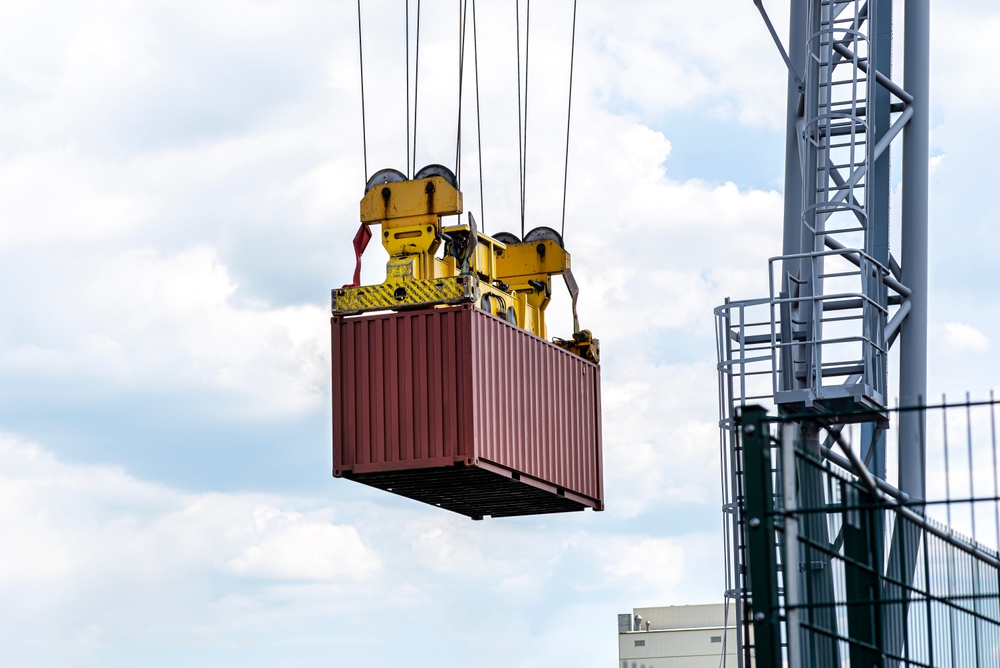The mood in the German export sector remains tense. The “autumn of reforms” announced by Friedrich Merz was supposed to provide new momentum. But reality paints a different picture: stagnating exports, growing industrial problems, dwindling confidence, and a lack of investment. The ifo index of export expectations fell to 2.8 points in October, down from 3.4 points in September. Klaus Wohlrabe of the ifo Institute summarizes the situation: “The German export industry is stuck. A real recovery is not in sight.” Many companies are losing faith in the promised economic turnaround.
Lack of reform momentum despite announcements
The much-touted “autumn of reforms” remains, so far, just a theory. Businesses had hoped for tax breaks, a reduction in bureaucracy, and clear signals for growth. But none of this has materialized. Instead of progress, there is stagnation. Industry is struggling with high energy costs, declining competitiveness, and increasing planning uncertainty. The promised reform impetus has turned into a period of disillusionment. Even proponents of economic renewal doubt whether the “autumn of reforms” will ever lead to a real modernization drive.

The metal and chemical industries are also pessimistic about the future. Their export opportunities are shrinking, while international competition is increasing. The export sector is losing significant market share due to a lack of supportive political frameworks. The paper industry reports similar concerns: high energy costs, weak demand, and little prospect of improvement.
Mechanical engineering and the food industry await investment signals
The mechanical engineering sector is in a fragile state of equilibrium. While the decline has stopped, there are no signs of growth. Without investment incentives, the sector is stagnating. The industry needs stable energy prices and tax relief to regain momentum. The mood in the food industry also remains subdued. Higher production costs and hesitant consumers are hindering exports. The hoped-for reforms, which were supposed to instill new confidence, have failed to materialize.
The picture is more positive in the automotive industry. Exports are picking up, primarily due to strong demand from Asia and North America. Vehicles “Made in Germany” continue to hold their own, but even here, concerns are growing: Without clear political direction, Germany as a business location is losing its attractiveness. Even in the electrical equipment industry – a promising sector of the economy – skepticism is increasing.
Beverage Industry and SMEs Demand Clear Direction
The beverage industry is showing cautious optimism. While international business remains stable, rising transport costs and uncertain prospects are dampening enthusiasm. Many small and medium-sized enterprises (SMEs) had interpreted the “autumn of reforms” as a signal for a fresh start. Today, disillusionment prevails. Businesses want less bureaucracy, better funding opportunities, and finally, reliable decisions.
The export sector, once the engine of the German economy, is threatening to lose momentum. Without reforms that promote innovation and investment, a sustainable recovery remains a distant prospect. The “autumn of reforms” must soon become a genuine new beginning – otherwise, Germany will continue to lose competitiveness.
